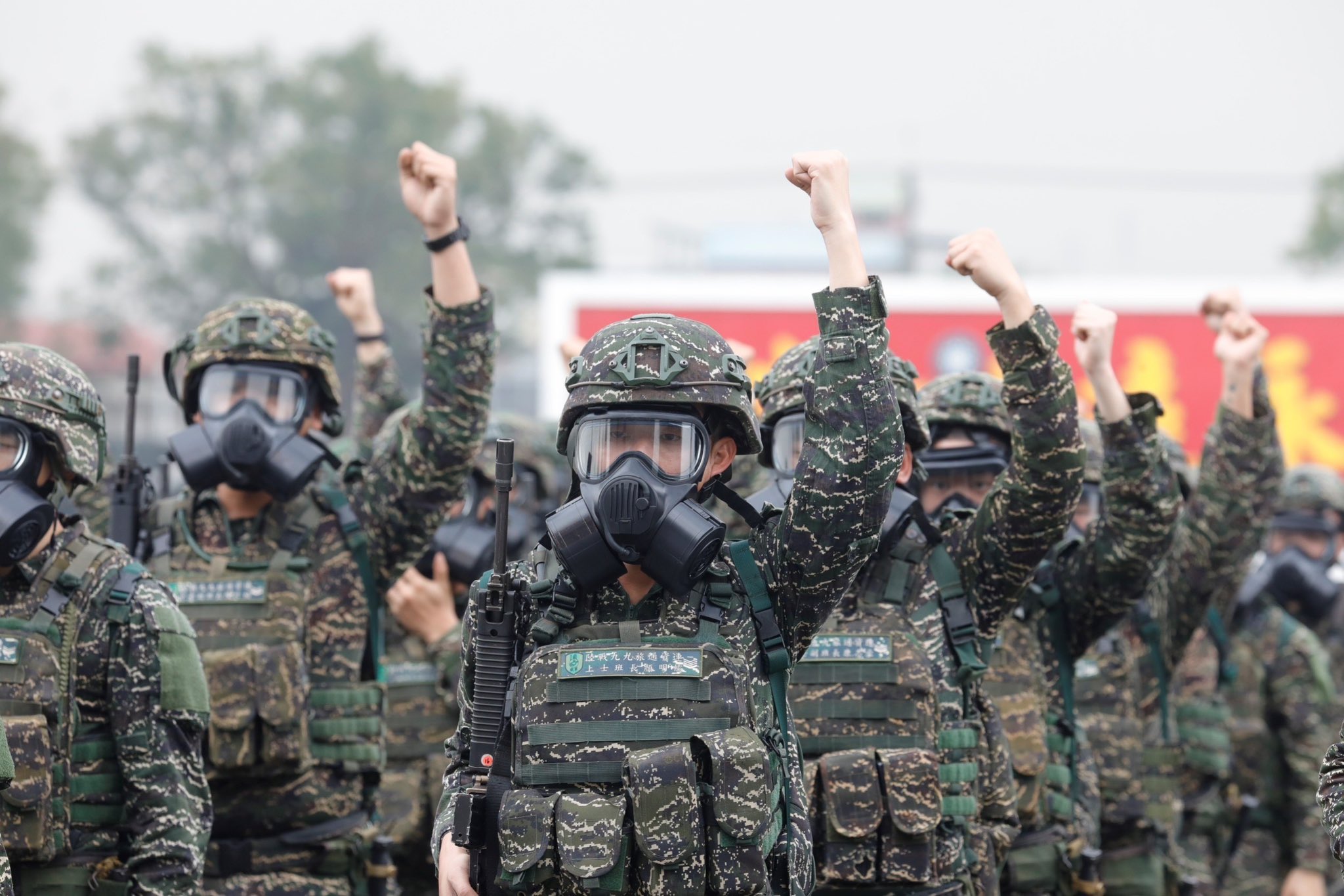Sandhi Yudha
Well-Known Member
Its the only one they got....designed and built by Xi himself!The CCP / PRC want their balloon back. If it's only a weather balloon as they claim, why are they getting so cranky about it all?
Its the only one they got....designed and built by Xi himself!The CCP / PRC want their balloon back. If it's only a weather balloon as they claim, why are they getting so cranky about it all?
Advanced microchip production being concentrated in Taiwan is similar to Germany making itself almost entirely dependent on Russian oil.The level of commitment that the US, Japan, SKorea, and Europe along with other an Asian neighbours for Taiwan is critical. If this group is comfortable losing the largest advanced microchip producer in the world to the CCP we should look forward to seeing the analog renaissance. Microchip production overseen by the CCP, good luck with that. In time perhaps this production can be duplicated by elsewhere but time is short IMO.
Neither TSMC/SK Hynix/Samsung see the need to relocate their core strategic industries outside of their respective countries for purely economic and commercials reasons.A huge geostrategic mistake on the part of the West, and gives China an even greater reason for wanting control over Taiwan.
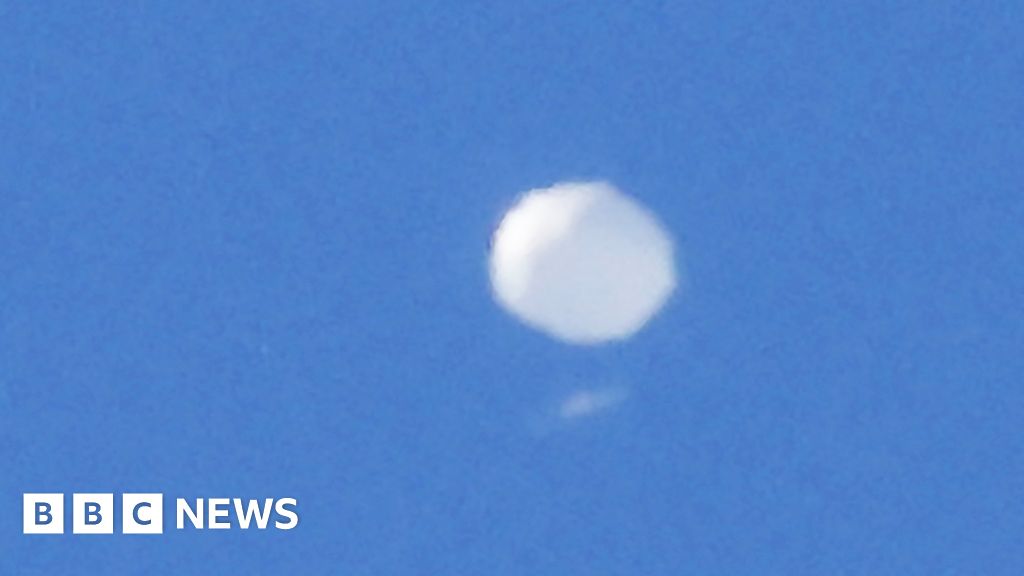
Yes I am indeed seeing it that way, that was largely my pointNeither TSMC/SK Hynix/Samsung see the need to relocate their core strategic industries outside of their respective countries for purely economic and commercials reasons.
You are seeing from the lense of what it means to consumers of those chips, especially western developed countries. But most of these Asian companies don't share those views and I would imagine their governments as well for fear of losing jobs and investments.
The few nodes that they are building outside of these potential conflict zones are just to please Western policy makers. But they are not moving their "crown jewels" (e.g their most advanced R&D, chip packaging and testing) outside. If it is about redundancy, the cost of building a parallel set of supply chain outside of Asia would be... extremely expensive.
Yes that is exactly the way I am seeing it.Neither TSMC/SK Hynix/Samsung see the need to relocate their core strategic industries outside of their respective countries for purely economic and commercials reasons.
You are seeing from the lense of what it means to consumers of those chips, especially western developed countries. But most of these Asian companies don't share those views and I would imagine their governments as well for fear of losing jobs and investments.
The few nodes that they are building outside of these potential conflict zones are just to please Western policy makers. But they are not moving their "crown jewels" (e.g their most advanced R&D, chip packaging and testing) outside. If it is about redundancy, the cost of building a parallel set of supply chain outside of Asia would be... extremely expensive.
No, I don't think so.could the West afford to replicate this facility, yes of course it could,
And we have not covered the rest of the competitors like UMC, Samsung etc or the associated eco-system/supply chain, which are largely Asian based.Still, with a combined capacity of 50,000 wafers per month, TSMC's Arizona facility is still among one of TSMC's smaller operations – 50,000 wafers is only half the production capacity a single one of TSMC's class-leading GigaFabs. So even with a second fab line, TSMC's US operations will only represent a relatively small fraction of the company's overall chip fab capacity.
The largest semiconductor (fab-less) firms are the US giants like Intel #1, Micron/Qualcomm/Broadcom/TI . The underlying EUV technology of ASML was a result of US R&D in the early 2000s via the EUV LLC (link).because there is just too much belief that "free markets" are always the best way to solve any problem because they drive down costs.
 www.politico.com
www.politico.com
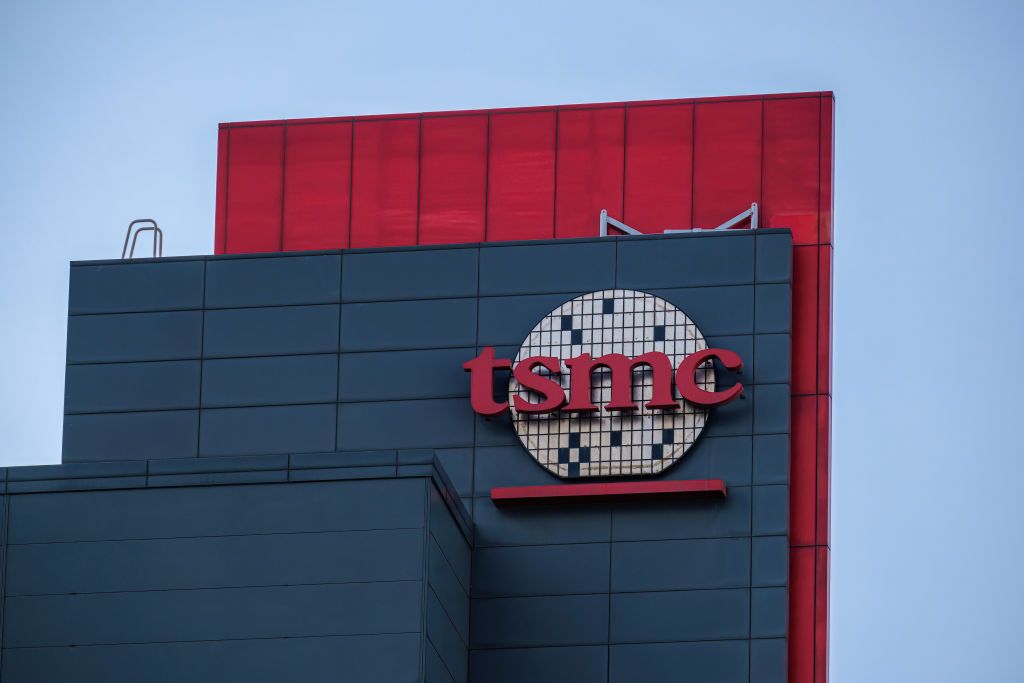

 techwireasia.com
techwireasia.com
There are any labour practises in the US that wouldn't pass muster in the UK, EU, Sweden, Norway, Australia and NZ. So I don't thnk that the US is a valid example of western industrial relations and labour practises.This article from Politico largely repeats those points, but this time, from the man himself, Morris Chang (TSMC founder) when he met Nancy Pelosi last year.
He is happy to take money from the US government to build the plant in Arizona, but notes that it would take far more than just $50 billion. His other concern about labour practices in the West is mirrors the point I made earlier, on the relentless nature of the business and the stuff he can get away with in Taiwan/China would not fly in America.

Taiwan’s Tech King to Nancy Pelosi: U.S. Is in Over Its Head
“Fifty billion dollars – well, that’s a good start,” quipped the 91-year-old Morris Chang, warning that Washington’s new bipartisan industrial policy may not add up.www.politico.com
TSMC founder told Pelosi US semiconductor plans 'naive' | Taiwan News | Feb. 15, 2023 10:40
Pelosi responds: 'We know what we're doing' | Feb. 15, 2023 10:40www.taiwannews.com.tw

Such cultural clash will remain an issue, and time will tell how the can adapt.“The reality for people from Taiwan is that they are doing even more than 12-hour days often,” said the American engineer on Glassdoor. “There’s also the night shifts and weekend shifts on duty and/or on call.”

 www.eetasia.com
www.eetasia.com
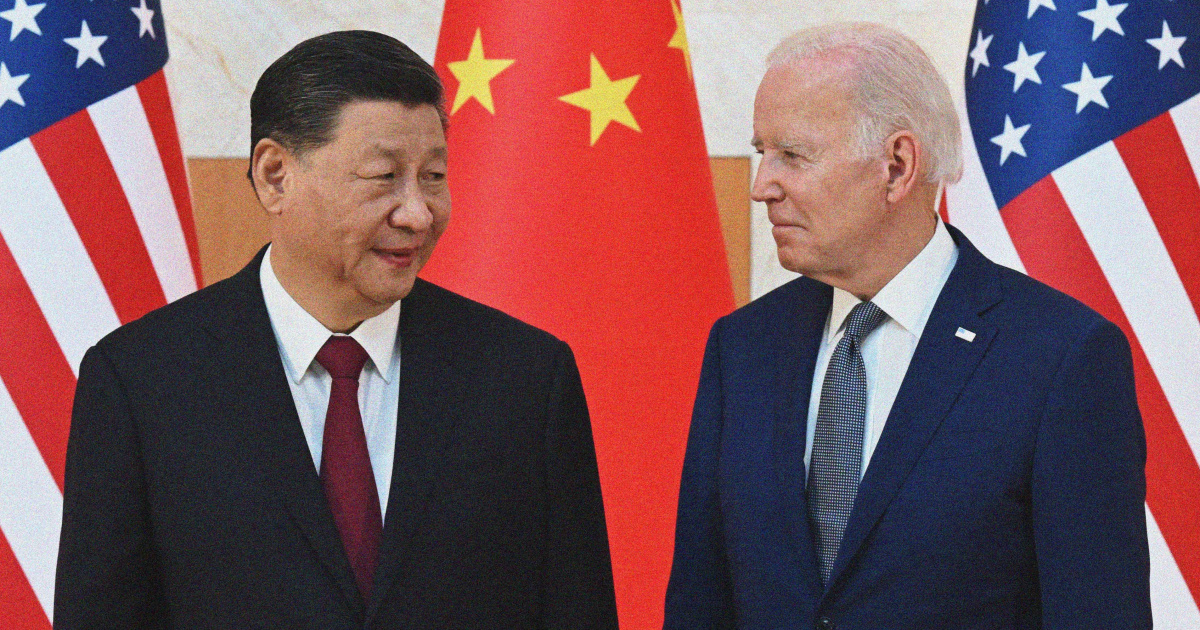
I don't like unions much and I have had some experience with them. However, unions do have a place in the labour market because they do help to protect workers rights and welfare. That is important and in the US more often than not workers rights and welfare aren't adhered to. As an example the US is the only country in the OECD that doesn't mandate maternity and / or parental leave. Maternity leave: US policy is worst on list of the world's richest countries. Not very good at all.Morris Chang's views on labour matters came from his own experience working in the United States Texas Instrument early on in this career and the Arizona plant is the most visible outcome from the CHIPS Act. No unions and ~50 hours per week is considered good in his view.

One Key to Success – No Unions|Industry|2016-10-28|CommonWealth Magazine
TSMC Chairman Morris Chang, one of Taiwan’s most respected business people, opens up in this interview with CommonWealth Magazine about the future of the high-tech and semiconductor sectors and the state of labor-management relations in Taiwan.english.cw.com.tw
Why? It could be pertinent to the topic.I think we are digressing on this topic too much and it is best to leave it for now. The geopolitical vulnerability of the west is here to stay for now.

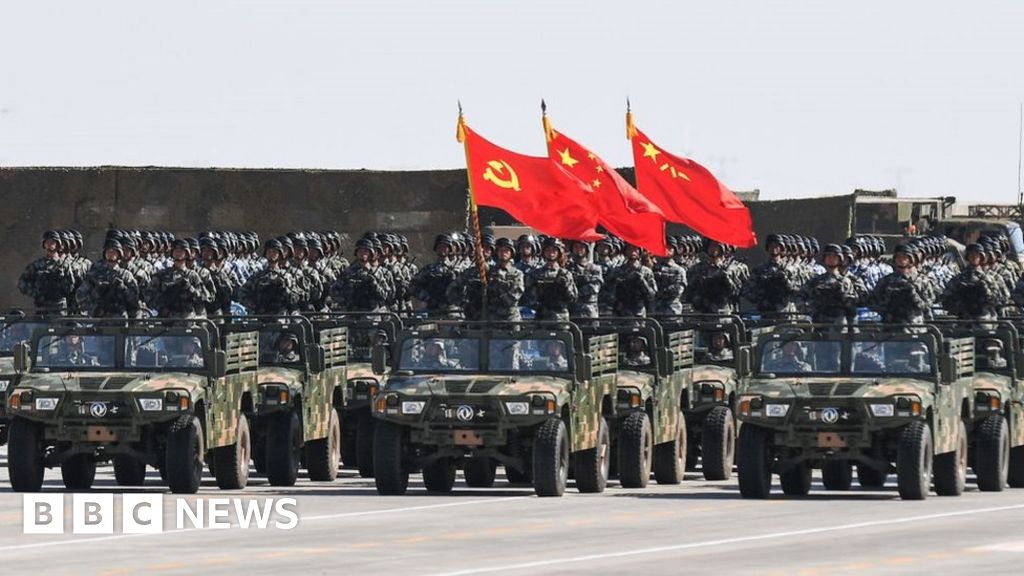
However the PLA get more bang for buck than the US does. You need to place the comparison in context; i.e., PPP is important here.Beijing's military budget will grow next year with 7,2%, which is around $225bn / €211 / £186bn. This is still a quarter of what the US is spending on defence.
And besides that this is the official budget. We dont know what they really spend in total on defence.However the PLA get more bang for buck than the US does. You need to place the comparison in context; i.e., PPP is important here.
